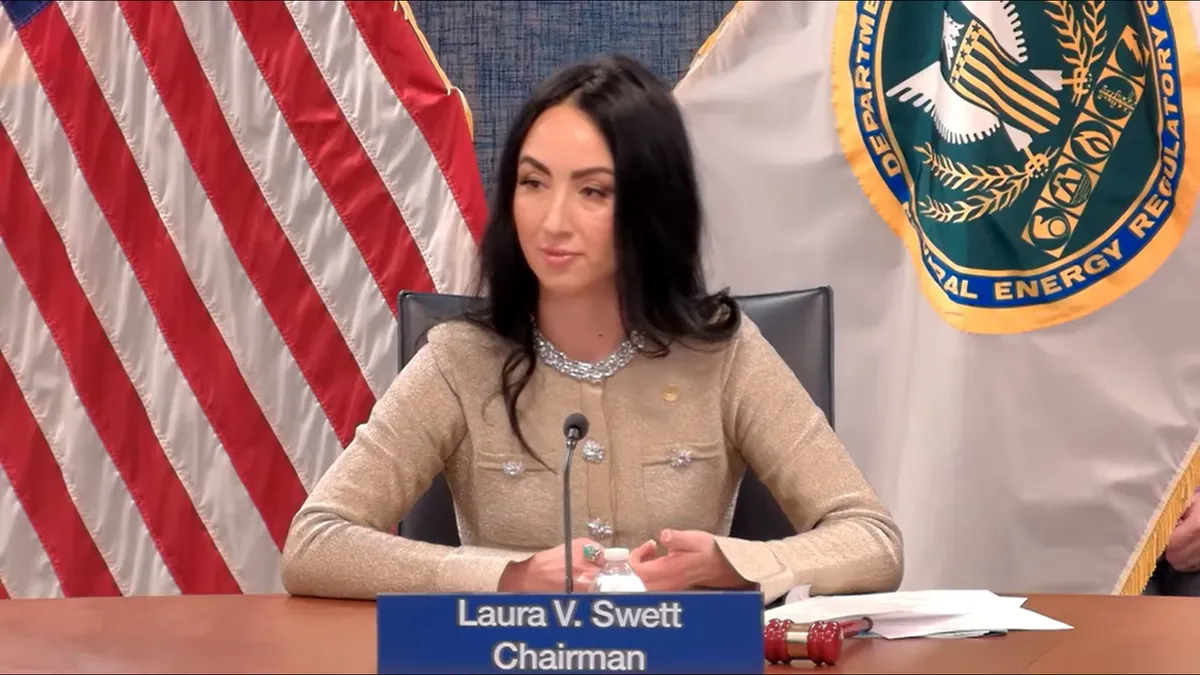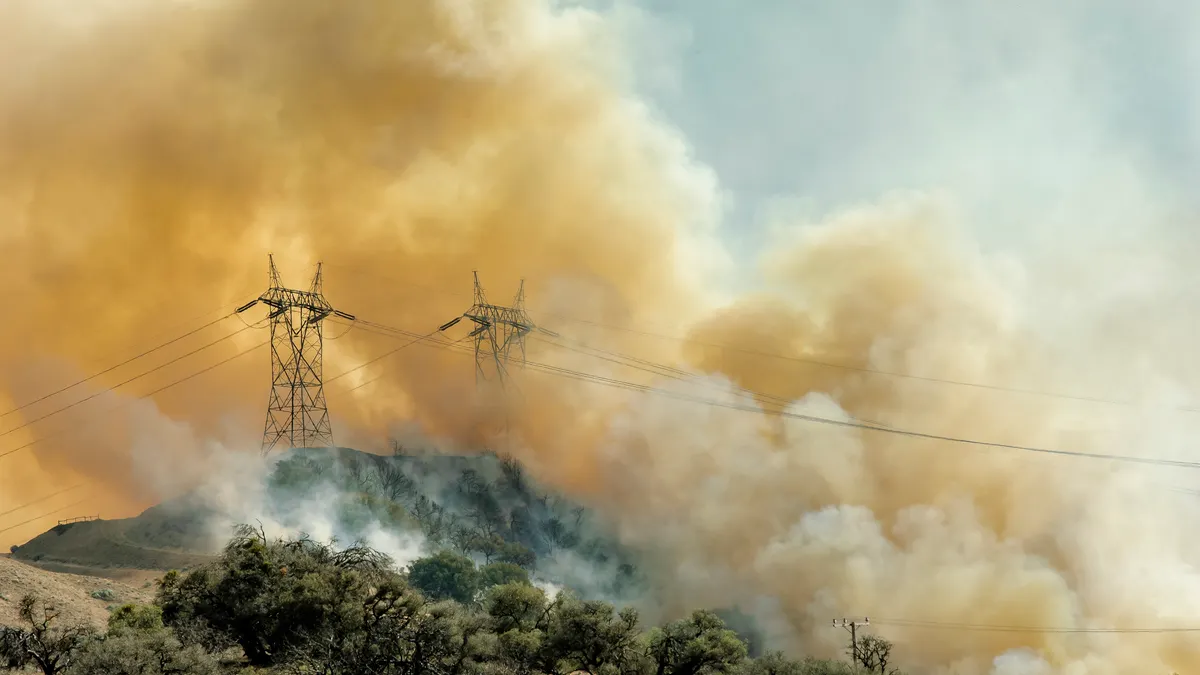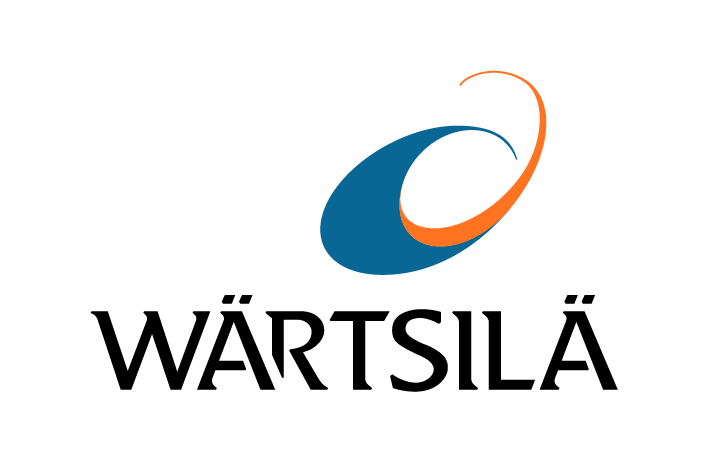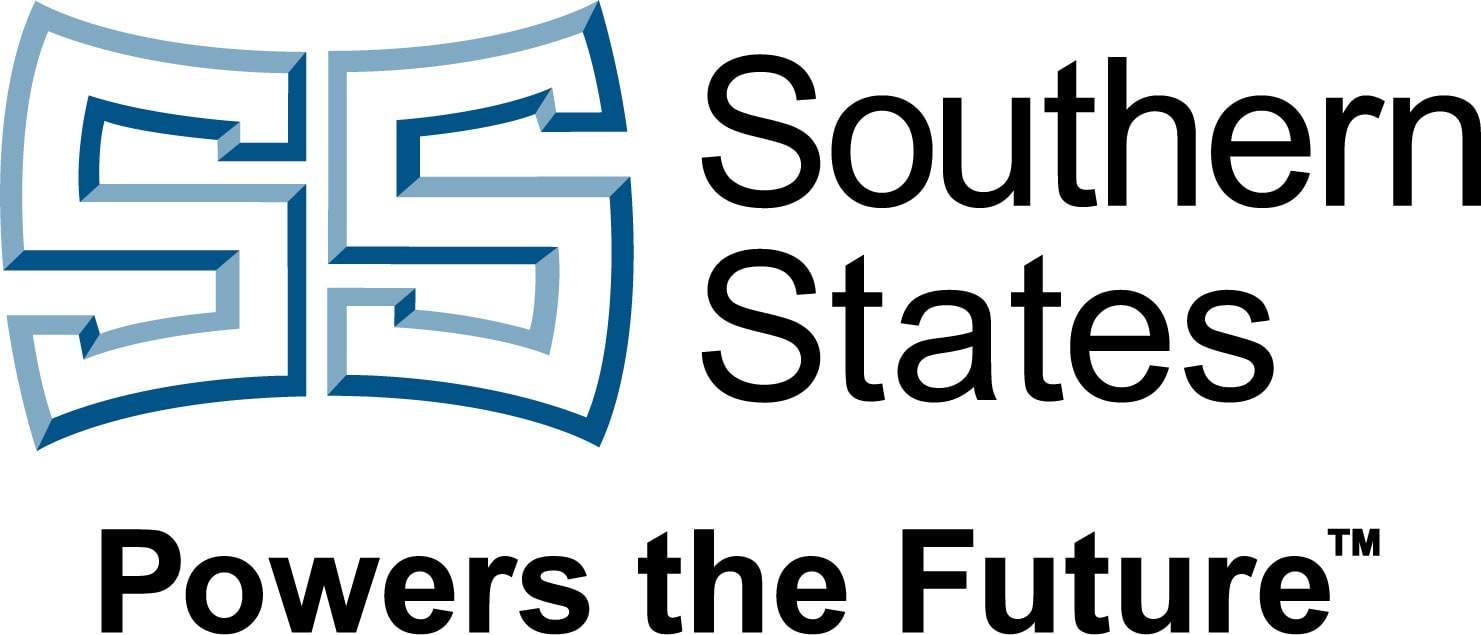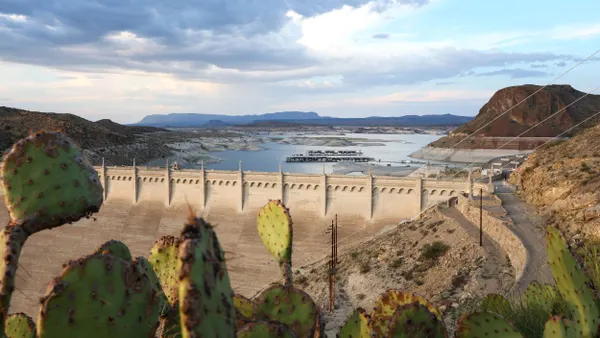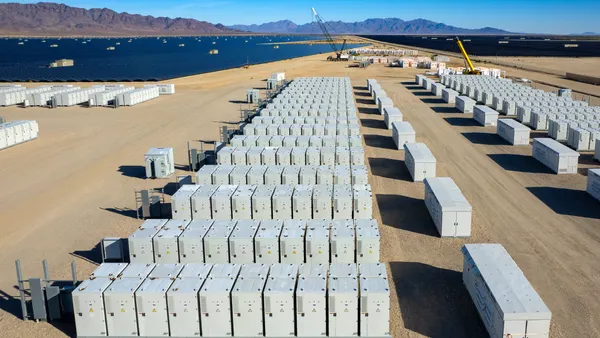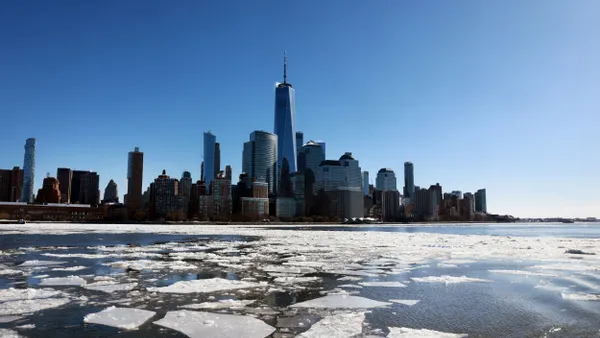Dive Brief:
- Pacific Gas & Electric (PG&E) proposed a new commercial electric vehicle (EV) charging rate that it compares to a subscription model as opposed to including demand charges, which have made it difficult to develop successful business models for public charging stations.
- PG&E filed its proposal with the California Public Utilities Commission (CPUC) on Monday, with the hope that new rates will allow for more bill certainty and will encourage new investments in EV infrastructure and commercial fleets.
- Rocky Mountain Institute (RMI) last year published analysis showing demand charges make it all but impossible for EV chargers to be profitable. Several utilities are looking at novel rate solutions, but RMI manager Chris Nelder told Utility Dive no solution or approach has been widely adopted yet.
Dive Insight:
If electrified transportation is going to be widely adopted, it will require an extensive build-out of DC Fast Chargers in public spaces — but station owners would need to profit. PG&E's new rate proposal is one example of a utility trying to address the issue, but it is not alone.
"There have been maybe a half-dozen different proposals floated in various states to address this issue, to offer some sort of demand charge relief," said Nelder. "I don't think there's any real agreement or coalescing around any particular idea yet."
In Massachusetts, for example, legislators have considered alternative rate structures, and Nelder is working with officials in New York and Ohio on charging issues. Other California utilities are developing their own strategies.
"This issue of demand charges killing the business case for DC Fast Chargers is a market failure," said Nelder. "This is something really important we have to address if we want to see EVs grow and proliferate."
PG&E acknowledged that the current system is not working in a statement announcing the new rate proposal.
"Currently, public or fleet EV chargers on PG&E's commercial electric rates can see higher costs than the typical business customer, on average," the utility said.
PG&E likened its proposal to replace demand charges to a smartphone data plan, saying "subscription pricing" will allow customers to choose the amount of power they need. "This subscription charge is much lower than current demand charges, and allows customers to have simpler, more consistent monthly costs," PG&E said.
PG&E says its commercial EV rate proposal stems from successful residential EV rates the utility began offering five years ago. The utility says more than a quarter of electric vehicle drivers in its service territory are on the residential EV rate, which offers lower charging rates overnight that work out to the equivalent of about $1.20/gallon of gasoline.
EV infrastructure developer ChargePoint says it is on board with PG&E's proposal and collaborated on its development. If the CPUC approves it new rate, officials say it will help in "significantly reducing barriers for operating charging stations in California."
ChargePoint "hopes this rate design will serve as an example for utilities around the country moving to support transportation electrification," Renee Samson, the company's director of utility solutions, said in a statement.
Edison, SDG&E also looking at commercial EV rates
California is the nation's leader in EV adoption, and other utilities in the state are also working to crack this issue.
Southern California Edison (SCE) proposed commercial EV rates in 2017 that waive demand charges for the first five years of its Charge Ready Transport program. "After the first five years, demand charges would slowly be introduced over the course of the next five years," Katie Sloan, SCE's director of transportation electrification, told Utility Dive.
SCE's new commercial EV rates are targeted to launch in March 2019.
San Diego Gas & Electric (SDG&E) says it submitted a medium-duty / heavy-duty EV charging infrastructure program proposal to the CPUC in January. SDG&E held a workshop earlier this month, with customers and stakeholders, to consider how best to design EV charging rates, and as part of a settlement in the proceeding, the company told Utility Dive it has "committed to proposing a new EV rate in 2019."
Nelder said approaches being considered around the country include demand charge "holidays," with charges that are scaled in gradually, and higher volumetric rates with a tapered demand charge. He has spent the last year working on this issue and called PG&E's proposal a "terrific approach."
"We can't get electrified transportation moving until we have a functional public network of fast chargers available," Nelder said.




